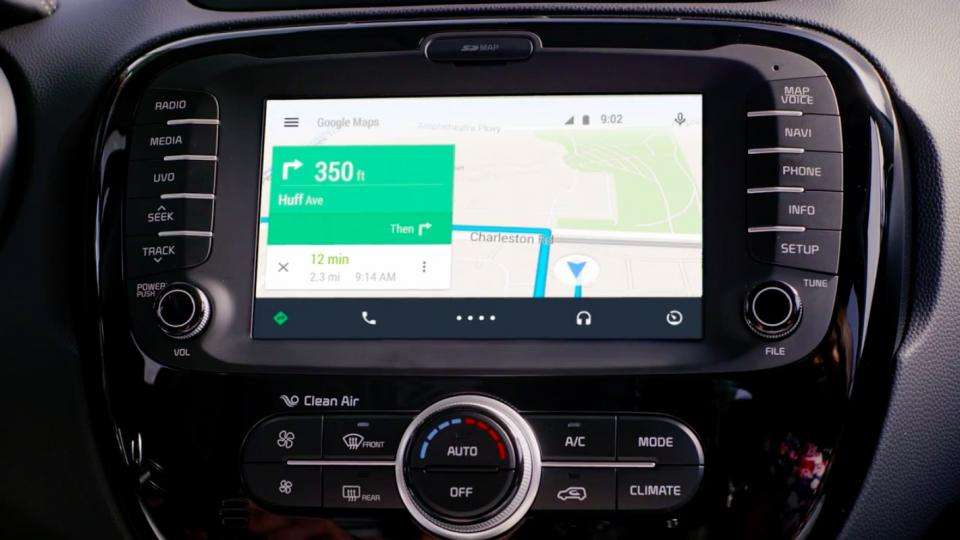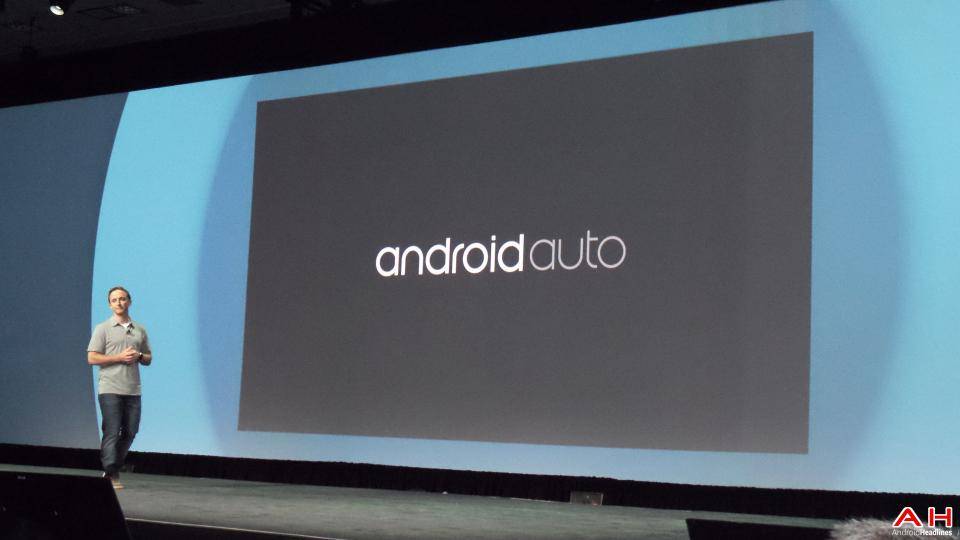The biggest surprise from the Gogle I/O keynote speech was the reveal of Android Auto, a variant of Google's mobile operating system designed specifically for use in cars.
Again borrowing the same Material Design elements seen in the Android L developer preview revealed earlier in the night, Android Auto takes the familiar Android interface and simplifies it for use in the car. Rather than installed in the car itself, Android Auto runs of a connected smartphone, which casts the screen to the display built into the dashboard. This means Google can add features and upgrade hardware without making changes to the car itself, avoiding lengthy safety inspections and certification.
Rather than forcing users to take their hands off the wheel, Android Auto can be controlled solely using voice commands or the buttons built into a steering wheel. It can also be controlled using a touchscreen display if your car has one.
At its heart, Android Auto relies on personal and contextually relevant apps, locations and reminders. That means directions are pulled from emails and calendar appointments, then displayed with live traffic and turn by turn navigation through Google Maps. Voice enabled messaging lets you read and reply to text messages without reaching for the phone, and several music streaming apps including Google Play Music have already been adapted specifically for the minimal Android Auto interface.

Accoring to Google, over 40 partners have now joined its Open Automotive Alliance in support of a standard for in-car smart devices, and 25 car bands have pledged to release vehicles with Android Auto support built-in over the coming months and years. The first cars are predicted to begin rolling off forecourts later this year, when the operating system becomes available to the public.
In the meantime, an initial Android Auto SDK with support for audio and messaging apps will be made available to developers looking to build apps to support the new system. It will provide some much-needed competition to Apple's Carplay initiative, which is currently the most advanced in-car system around.

